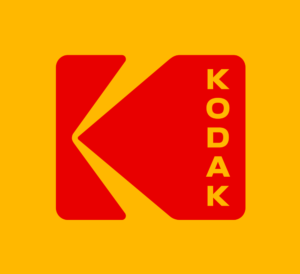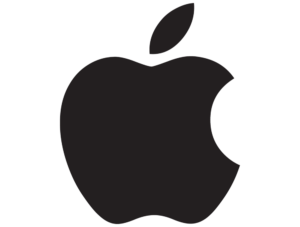
When choosing a trademark that will be the face of your brand, it is important to remember that while a trademark may be strong from a business perspective, building its value in the marketplace will depend on your ability to protect it. The goal of any good trademark is its ability to distinguish the source of your goods or services from those of your competitors. When choosing a trademark it is important to balance marketing considerations and legal considerations.
From a marketing perspective, you want your trademarks to be synonymous with your business, and vice versa. It will be straight-forward, to the point, and will identify the goods or services being offered. It will be easy to understand and will require little advertising to promote your goods or services. For example: if you use “The Craft Store” for craft supplies, customers will, without question, know where to go to get their craft supplies.
However, being straight-forward, to the point and descriptive of the goods or services being offered will not make for a legally enforceable trademark. If your trademark cannot be enforced against others, you cannot protect it and it will not hold much in the way of value. A trademark that simply describes the goods or services with which it is associated is descriptive and unregistrable unless it has become distinctive through use over time. “Distinctive” means that it has become known in the marketplace to the point that customers associate this descriptive trademark with your business’ goods or services. “The Beer Store” is such an example.
So what kind of trademark should you choose?
Fanciful Trademarks
 The strongest trademarks are those that are non-descriptive and have nothing to do with the goods or services being offered. Coined terms work very well. No other business in your industry will lay claim to these words because they have no meaning outside of their use as your trademark.
The strongest trademarks are those that are non-descriptive and have nothing to do with the goods or services being offered. Coined terms work very well. No other business in your industry will lay claim to these words because they have no meaning outside of their use as your trademark.
“KODAK” for cameras is an example.
 Arbitrary Trademarks
Arbitrary Trademarks
Arbitrary marks are another form of strong trademark. Arbitrary marks are words that are not coined terms, but still have nothing to do with the goods or services being provided.
“APPLE” for computers, for example.
Suggestive Trademarks
 These trademarks allude to what your business is offering to the customer, without being explicit. More creativity is required to ensure that these trademarks suggest what is being offered without describing it.
These trademarks allude to what your business is offering to the customer, without being explicit. More creativity is required to ensure that these trademarks suggest what is being offered without describing it.
“SANDALS” for a beach resort or “THE BARN” for a grocery store are good examples.
Being creative with your trademarks will help to ensure that they are distinct – both from the trademarks of others and from the terms used to describe the goods and services in question. Try altering the word of the product you are selling. Apple has had much success selling its “iPhone” in this way. You can also try pairing words that are not typically seen together. “Facebook” is much more registrable than “Online Scrapbook” might have been. Finally, try inventing new words by combining elements of existing words. This is a great way to suggest what you are selling without expressly describing it. “Pinterest” is a great example.
Innovators Alliance is a peer-to-peer networking group of CEOs committed to driving business growth through innovation. Join us for an upcoming event to see what it’s all about!
Is your company innovative? Try our Innovator Self-Test. It has only 10 questions and takes less than 2 minutes!
Like this? You might also like:
- New Video! What Is Innovation and What Does Innovators Alliance Do?
- Top 3 Reasons Your Business Must Innovate (Yes: YOU!)
- Developing a Culture of Innovation
- Strengthen Your Trademark, Strengthen Your Business - March 21, 2017

